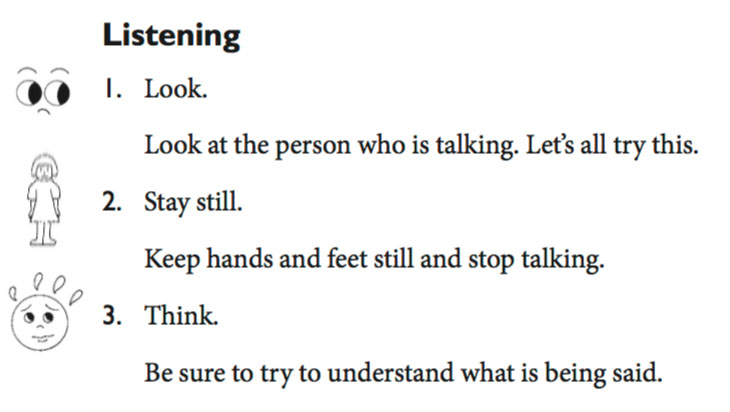 A crash course in face-to-face communication, Smile & Succeed for Teens: Must-Know People Skills for Today’s Wired World provides teens and tweens with a quick, easy, and fun way to improve their social skills and job skills. This week, we’re discounting the book by 15%, so grab your savings by applying our promo code SMILE when you check out online or over the phone with us.
A crash course in face-to-face communication, Smile & Succeed for Teens: Must-Know People Skills for Today’s Wired World provides teens and tweens with a quick, easy, and fun way to improve their social skills and job skills. This week, we’re discounting the book by 15%, so grab your savings by applying our promo code SMILE when you check out online or over the phone with us.
Developed by a team of teens, parents, and educators, the proven methods in Kirt Manecke’s book provide your kids with the people skills and confidence they’ll need throughout their lives. Whether your teen is looking for work, holding down a job, making friends, or taking part in leadership or service positions, Smile and Succeed for Teens will give them the education he or she needs to thrive.
Each lesson is presented in an entertaining style, with quips, tips, fun and informative illustrations and captions, and easy-to-adopt strategies that will teach your teenager the critical elements of good communication. Click here to read a guest blog post from Kirt on how he used strategies outlined in the book to improve the social skills of teens with autism at his local farmers’ market.
Check out this excerpt from the book — “Say Please and Thank You”.
In this book, your teen will discover how to:
- Develop self-esteem and beat crippling social anxiety
- Make new friends and speak with confidence
- Sail through the most difficult of interviews for scholarships, programs, and jobs
- Improve their school programs and community through effective fundraising
- Succeed at work and stand out to their employer, and much, much more!
Smile & Succeed for Teens is an attention-grabbing, easy-to-use course that has already supplied thousands of teens with the skills to do better in school, develop meaningful relationships, and establish fulfilling careers. Don’t forget to use our promo code SMILE at the check-out this week to save 15% on this great new resource!
*Promotion is valid until July 19, 2016 at 11:59pm ET. Offer cannot be applied to previous purchases, combined with any other offers, transferred, refunded, or redeemed and/or exchanged for cash or credit. Different Roads to Learning reserves the right to change or cancel this promotion at any time. To redeem offer at differentroads.com, enter promo code SMILE at checkout.



